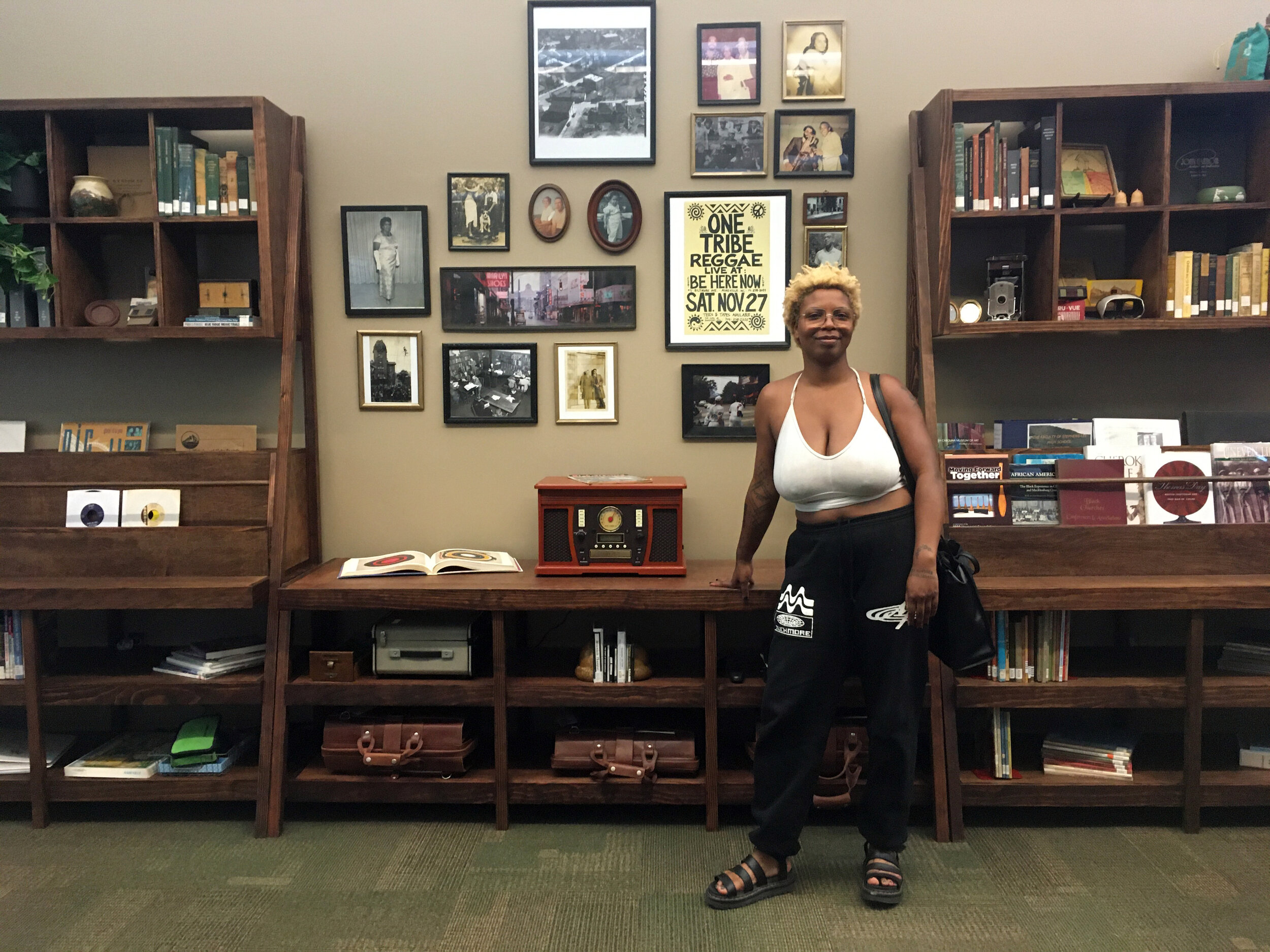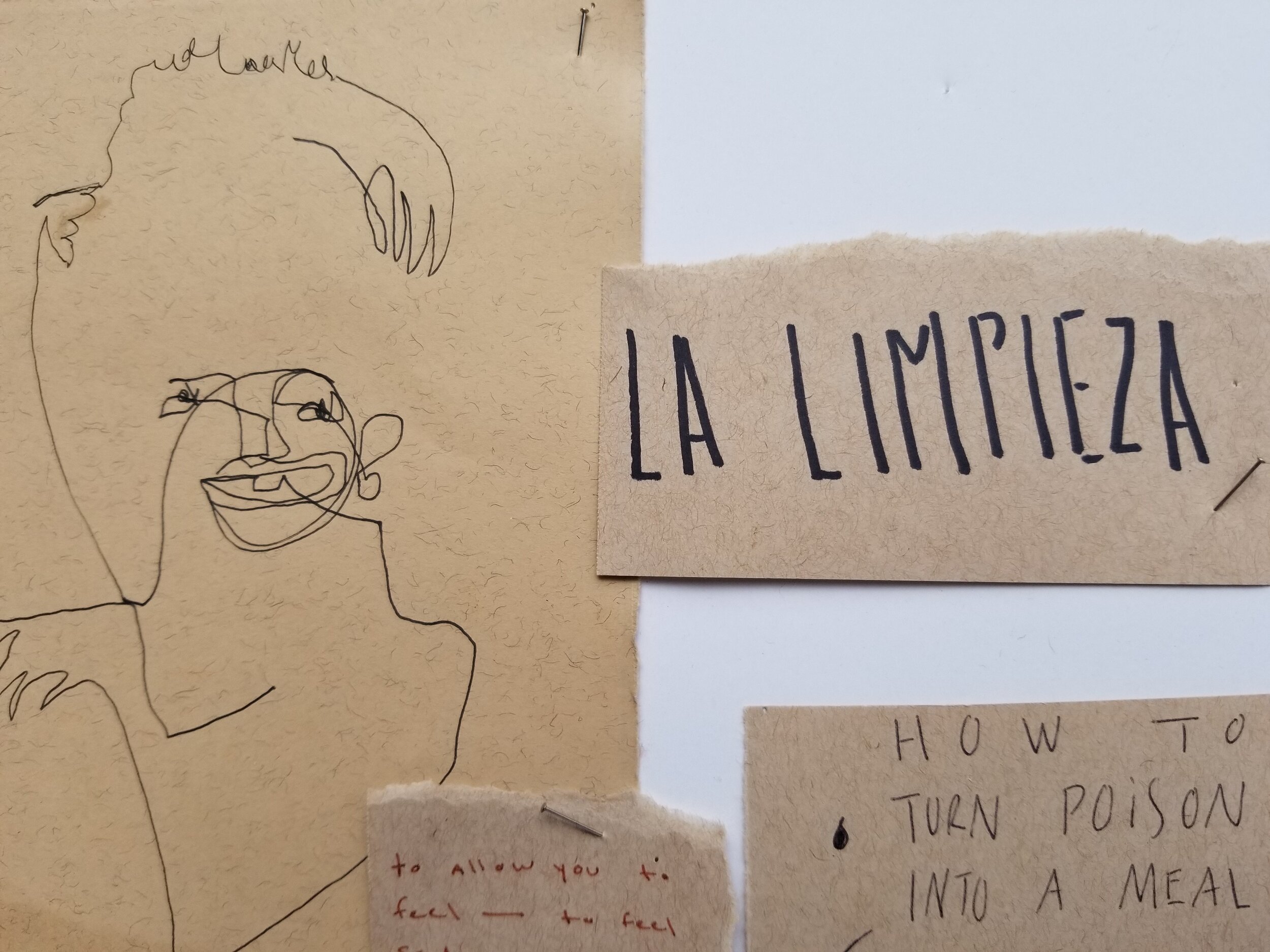Equity
Equity: is a proactive, strategic approach that accounts for structural differences in opportunities, burdens, and needs in order to advance targeted solutions that fulfill the promise of true equality for all. An equitable society would be one in which there are fair opportunities and improved outcomes for all and the distribution of resources, opportunities, and burdens is not determined, predictable, or disproportionate by identity or zip code.
Using an “Equity Lens” means to...
1. Acknowledge structures and power relationships.
2. Analyze the cumulative impact.
3. Strategize structural interruptions and innovations.
4. Repeat...
DIVERSITY => composition => who is present? => representation
INCLUSION => experience => who is participating? => engagement
EQUITY => outcomes => who has power? => ownership
(source: Open Source Leadership)
Related Terms:
The term race refers to the concept of dividing people into populations or groups on the basis of various sets of physical characteristics (which usually result from genetic ancestry).
intersectionality is the theory that the overlap of various social identities, as race, gender, sexuality, and class, contributes to the specific type of systemic oppression and discrimination experienced by an individual (often used attributively).
The objective of creating a fair and equal society in which each individual matters, their rights are recognized and protected, and decisions are made in ways that are fair and honest.
Racial justice is the systematic fair treatment of people of all races, resulting in equitable opportunities and outcomes for all.
The term “language justice” is a powerful way to describe individuals’ fundamental right to have their voices heard.
Identity politics is the term used to describe an anti-authoritarian political and cultural movement that gained prominence in the USA and Europe in the mid-1980s, asking questions about identity, repression, inequality and injustice and often focusing on the experience of marginalized groups.
In relation to art, the term diaspora is used to discuss artists who have migrated from one part of the world to another, (or whose families have), and who express their diverse experiences of culture and identity in the work they make; often expressing alternative narratives, and challenging the ideas and structures of the established art world.
Decolonising the art institution usually means reviewing the canon and questioning its ability to include different voices or perspectives (remembering that decolonisation is not the same as diversity).
Racial equity is about eliminating racism.
Equity is the outcome when race will no longer be a predictor of health, education, income, etc.
Equity is a proactive, strategic approach that accounts for structural differences in opportunities, burdens, and needs in order to advance targeted solutions that fulfill the promise of true equality for all.
Related Features:
My experience navigating the world of digital collections… A few tips to navigating archives:
Start off with no assumptions
Documentation from The Edenic Zone, an immersive outdoor experience manifesting a portal of rest and beauty as imagined by Zona Baari in collaboration with Casa de Coco.
One person would have a hard time trying to save the world, but they can offer a shift in vibration within the micro to positively affect the macro. My belief is there exists many realities on this planet and ultimately varying frequencies we may step in and out of.
Bone – as what is beneath the surface of self. Exists in us all, and what’s behind the mask of skin. The great equalizer. A physical resemblance of our own undeniable truth and vulnerability.
Through the process of collecting these pieces, I noticed myself tapping back into familial practices to take care of oneself. These acts were so deeply embedded into everyday life that I did not question it or even acknowledge it as a practice.
With the understanding that channeling joy is a true act of vulnerability, we voluntarily give ourselves to the motion of falling. Equipped with protection, we learn how to fall so that we know how to collapse gracefully then rise again.
La Limpieza, which translates to “cleaning” or “cleanse,” is one of three short films that exists under the project, How to Turn Poison Into a Meal. It consists of intimate moments between oneself and a shared space to witness each other's movements and sounds.
How to Turn Poison Into a Meal is the name of my Fall/Winter 2020 collection. This project is a way for me to celebrate and remember, as well as using my body as an archive, creating documentation of my ancestors and their practices of reveling in joy and resilience from a heavy existence.
… I intend to recreate.
To photograph and film familial practices that were neither documented nor celebrated, rather, shared through word of mouth and performed together habitually…
As an educator who was radicalized by Black feminist and womanist literature, I have always been clear that that was my goal for SISTORIES--to provide the grounds for Black women and nonbinary femmes to adopt a politic to address the root cause of the social issues that cause them harm by seeing and writing themselves into the historical narrative of Black femmehood.










